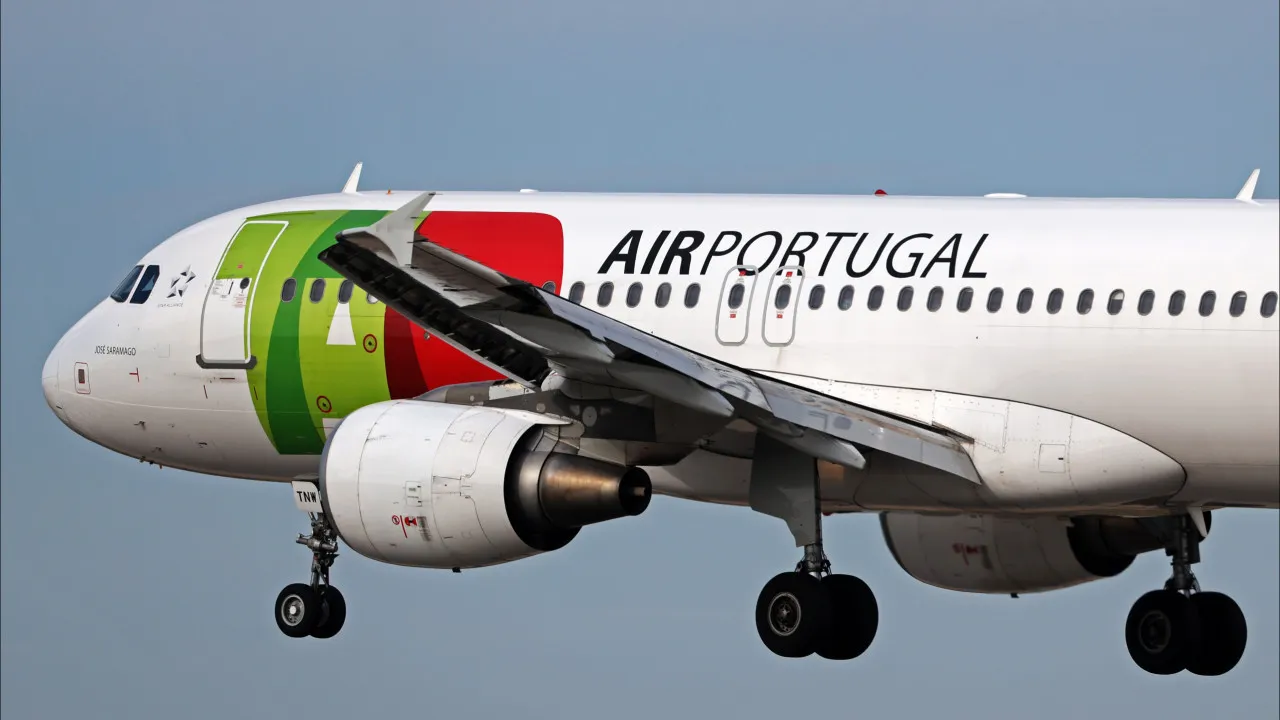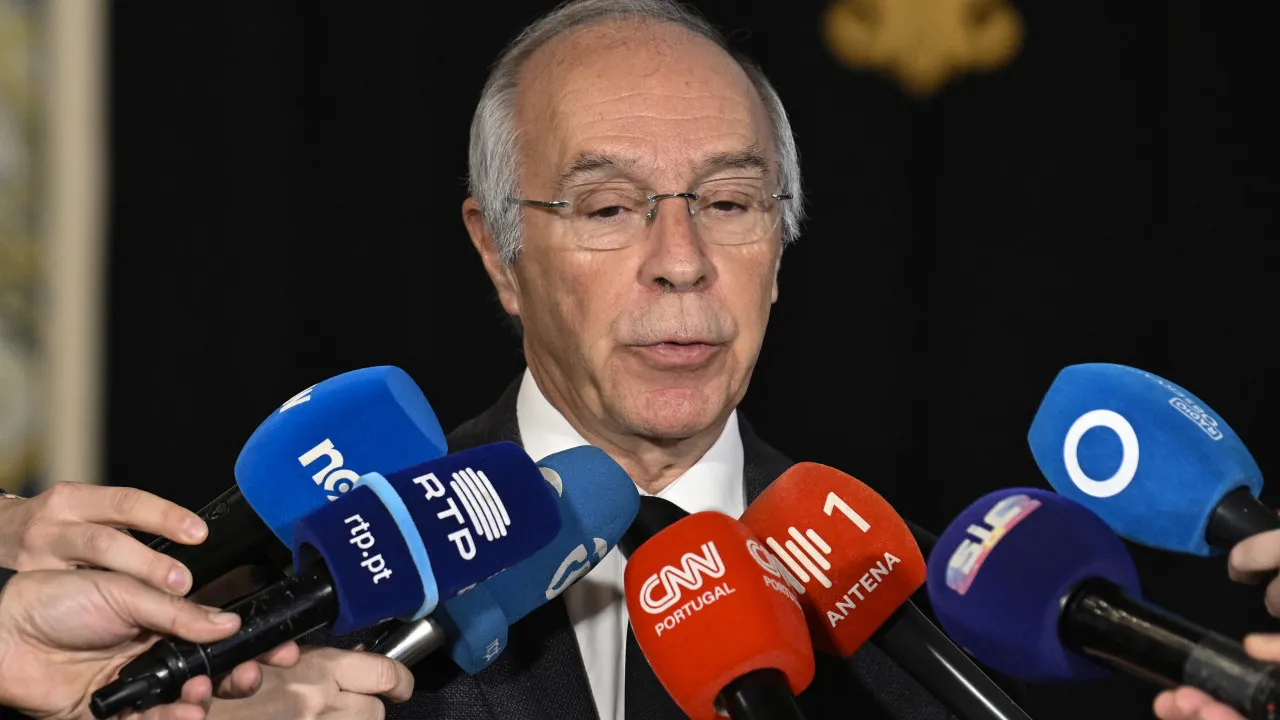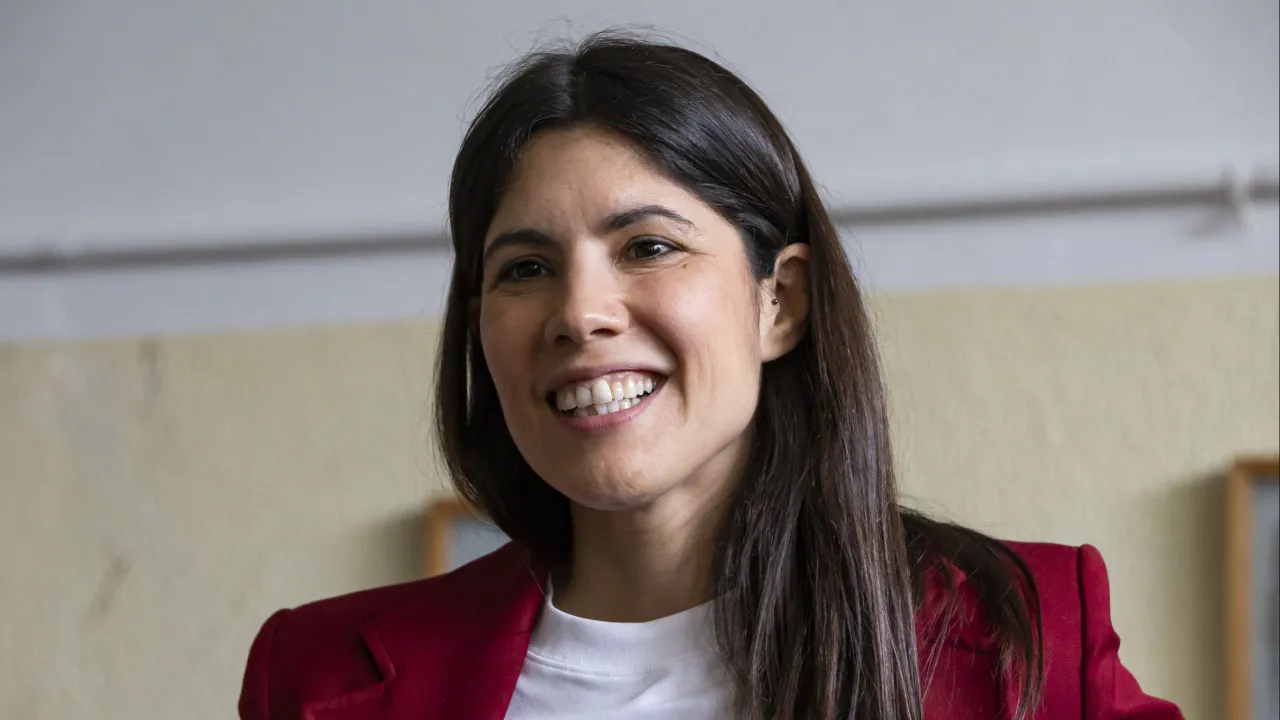
The expert in aeronautics and former manager of Iberia and PGA, Rui Quadros, highlights that Regulation (EC) No 1008/2008 stipulates that TAP will only maintain its European license if more than 50% of the capital and effective control are in the hands of European Union entities.
“Although the Portuguese government admits proposals from outside the European Union in the privatization of TAP, non-EU investors face legal limitations,” said the official. Given the current rules, “no group outside the EU can control the company,” meaning their potential involvement would only be minority and without real influence.
He believes that “the openness to non-European candidates is more affective (theoretical) than practical. These groups can only enter as passive shareholders, which greatly reduces the interest of those seeking real influence and return,” he explained.
Nevertheless, he notes that interest may arise, although with limited participation. Turkish Airlines, Qatar Airways, or groups from the Gulf and Asia are some examples mentioned by the official of companies outside the EU that might show curiosity in the process.
However, Rui Quadros warns that any minority participation from outside the EU “will be subject to rigorous scrutiny by the European Directorate-General for Competition (DGComp), especially if there are signs of indirect control, as seen in the Etihad–Alitalia case.”
So far, the three major European airlines Air France-KLM, Lufthansa, and IAG have been the only ones to officially confirm interest in TAP’s privatization process.
Similarly, the founder and consultant of SkyExpert, Pedro Castro, sees few chances of non-EU investors advancing concrete proposals. However, he emphasizes that the model announced this week by the Government — with the sale of up to 44.9% of the company to a private investor and 5% reserved for employees — theoretically allows for attraction of non-European groups, as happened with Alitalia.
“The Italian government attempted the same and received expressions of interest from Delta (USA) and Etihad (UAE),” he recalled.
Regarding the Portuguese case in particular, he states that “it is not easy to envision which group outside the EU could be available to enter TAP’s capital,” but recalls that Turkish Airlines has indicated that it might consider entering the capital of Air Europa, and Qatar Airways and Ethiopian Airlines have various stakes in foreign companies.
This week, the Portuguese government initiated the sale of TAP with the approval of the respective decree-law by the Council of Ministers, which still needs to be promulgated by the President of the Republic.
The initial schedule projects the completion of the four stages of the process within a year, although this timeline depends on regulatory approvals, namely from the DGComp.
The operation will be conducted through a direct sale model, with up to 5% reserved for employees, as stipulated by privatization law. The buyer will have preference for the percentage not subscribed by the employees.
The model to be included in the tender specifications also foresees management sharing through a parassocial agreement to be discussed with the future buyer. The objective is for the buyer to assume daily operational management, but for the State to have a say in critical decisions such as maintaining the ‘hub’ [flight distribution platform] and strategic routes.
In addition to management sharing, candidates for purchase must present a solid industrial plan, which should ensure the sustainable growth of TAP, maintaining its brand, and ensuring that the company will continue to have its headquarters and effective management in the country.




